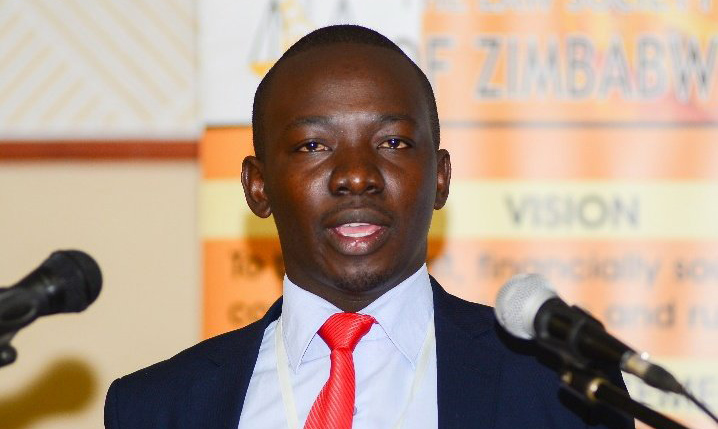‘Insulting the courts and judicial officers will not help’- Malaba tells lawyers
Chief Justice Luke Malaba had warned lawyers against attacking the judiciary over judgments that go against their clients.
Officially opening the 2023 legal year in Harare on Monday, Malaba who retained the position of Chief Justice under very controversial circumstances in 2021 after his term had expired, said lawyers were aware of the legal remedies available if they thought a judgment was incorrect.
He warned them against going on social media or holding press conferences attacking the judiciary.
“The common source of criticism emanated from litigants who would have had court decisions made against them,” Malaba said.
“The tendency is to blame lack of judicial competence for the loss. At worst, they allege corruption.
“While the tendency to blame a judicial officer for a negative decision is understandable in the case of self-actors who may not be aware of the available remedies for redressing the perceived wrong, it becomes a cause for concern when a legal practitioner, who is an officer of court, is involved.
“It is regrettable conduct for a legal practitioner to go on social media or to assemble a press conference to castigate a decision and insult a judicial officer because he or she made a decision against the legal practitioner’s client.
“While constructive and measured criticism of court decisions is welcome and encouraged as it adds value to jurisprudential development, no value is added to the justice delivery system from scandalous attacks on the integrity of judicial officers.”
Malaba further stated that criticism of the courts would result in undermining public confidence in the judiciary.
“It is not part of the duties of officers in the judiciary to satisfy personal needs of court users. Where one is aggrieved by a decision made by the court it is important to rely on legal processes for remedy. Insulting the courts and judicial officers will not help to have the order set aside.
“Such conduct has the effect of undermining public confidence in the judiciary. The judiciary is bound by the law to resist insidious pressure to make decisions according to public clamour, contrary to the dictates of the facts and the applicable law,” he said.

Law Society of Zimbabwe president Wellington Magaya welcomed the Chief Justice’s stance on preserving judicial independence.
“There are two issues that stood out for me, issues of judicial independence, rule of law and quality of justice. As the Law Society we believe that the cornerstone of the delivery of justice is an independent judiciary.
“The Chief Justice has highlighted that this is something that is important. The independence of the judiciary is reflected in its ability to fund its own processes and in the manner it conducts itself.
“The commitment from the Chief Justice to address issues of perceptions of bias and independence is welcome on our part because this is an issue that affects the justice delivery system,” Magaya said.
This comes at a time when the judiciary is being highly attacked for corruption and bias.
One of the points of attack is on the incarceration of opposition Citizens Coalition for Change (CCC) MP Job Sikhala who has spent more than seven months jailed on charges of inciting public violence.
According to his lawyers, the Zengeza West legislator has already served the jail term without trial.
In December last year, the Zimbabwe Anti-Corruption Commission (ZACC) chairperson Justice Loyce Matanda-Moyo claimed that a survey had established that the judiciary tops all other institutions in terms of corruption.
“Let me say that I was very disappointed by the results from a survey which was done by Transparency International of Zimbabwe which showed that our court officials are now very corrupt,” she said.
“I think that was the sector which topped corruption. So if our courts are corrupt, there is no way that we can defeat corruption within the courts structure and yet it is that very structure which must ensure that it rids itself of corruption.”






